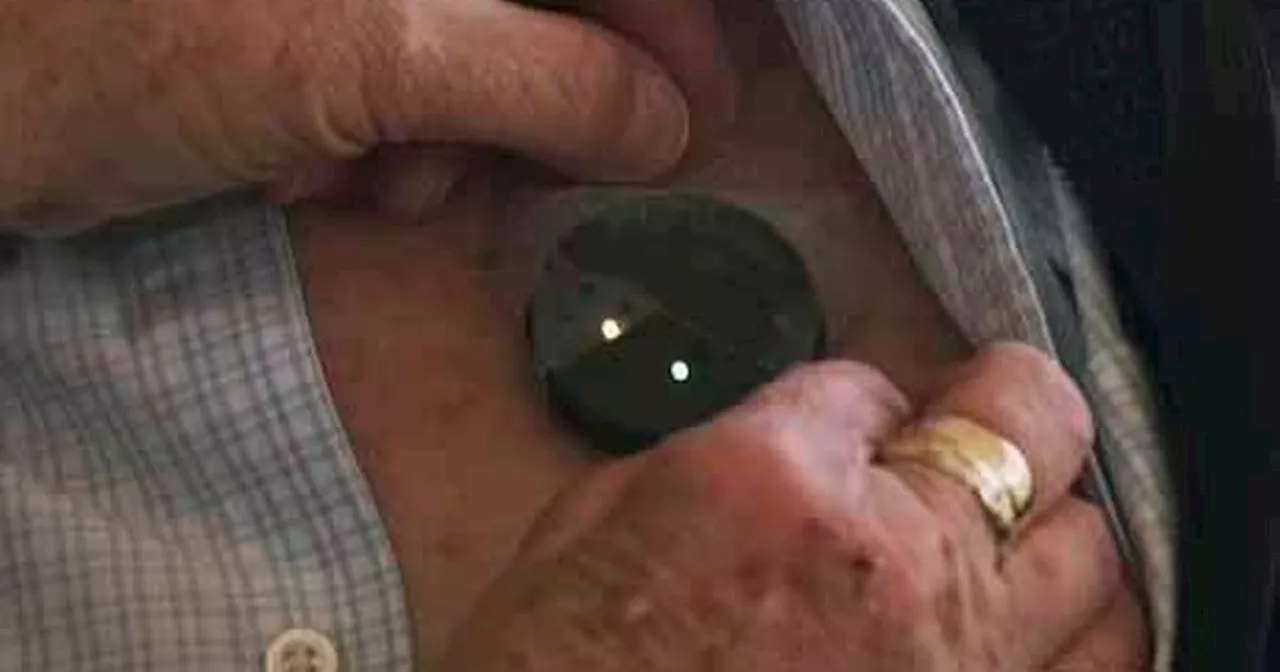Synchronized's Stentrode, a minimally invasive brain-computer interface, allows patients with paralysis to control devices like smartphones and smart assistants. A recent trial saw an ALS patient successfully write a message using the device. The technology holds potential for over 100 million people worldwide, enabling them to regain independence and connect with others.
Dr Tom Oxley, a neurologist and founder of Synchron, has made a groundbreaking claim that his company's Stentrode device, a microchip that converts brain signals into actions, could potentially aid around 100 million individuals worldwide. This assertion follows a successful trial where a patient with ALS, a type of motor neurone disease, was able to write a message using the device despite being unable to use their arms.
This innovative technology is part of a broader field of brain-computer interface projects, including Elon Musk's Neuralink, aimed at assisting those who cannot use their limbs due to injury or illness. However, the Stentrode developers emphasize that their device is less invasive, not requiring a hole to be drilled into the skull, and could potentially be implanted in an outpatient procedure, as reported by The Times.
Mr. Opie highlighted the significance of this ability, stating, "They can go online and do their shopping and banking and communicate with their loved ones," reports the Mirror. In recounting his experience, the 64-year-old patient named Mark said,:"The integration with smart technology and my BCI is something I'm really excited about.
BRIN-COMPUTER INTERFACE MEDICAL TECHNOLOGY DISABILITY ALS SMART ASSISTANTS
United Kingdom Latest News, United Kingdom Headlines
Similar News:You can also read news stories similar to this one that we have collected from other news sources.
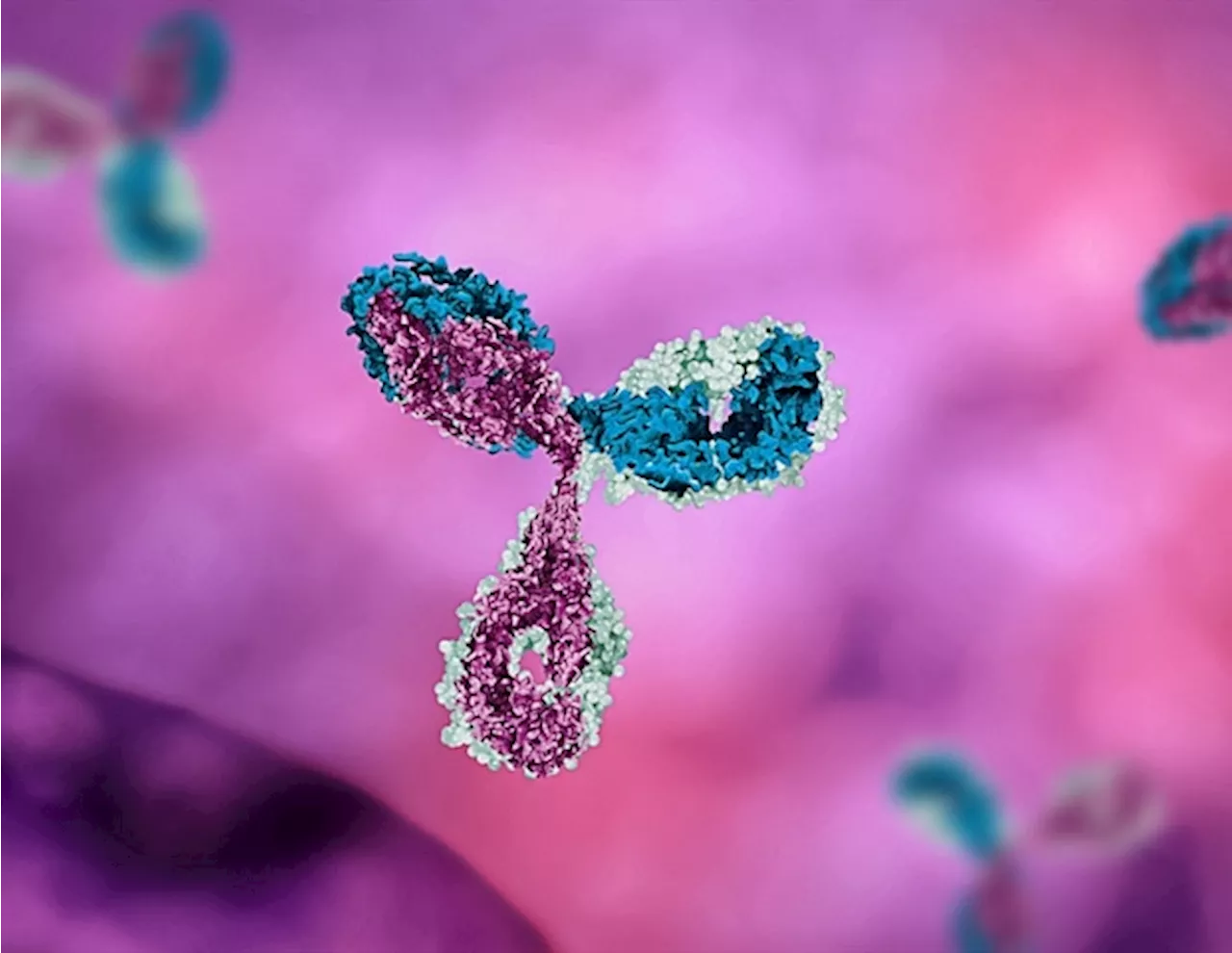 Breakthrough microchip technology enables multi-disease detectionIn a world grappling with a multitude of health threats -; ranging from fast-spreading viruses to chronic diseases and drug-resistant bacteria -; the need for quick, reliable, and easy-to-use home diagnostic tests has never been greater.
Breakthrough microchip technology enables multi-disease detectionIn a world grappling with a multitude of health threats -; ranging from fast-spreading viruses to chronic diseases and drug-resistant bacteria -; the need for quick, reliable, and easy-to-use home diagnostic tests has never been greater.
Read more »
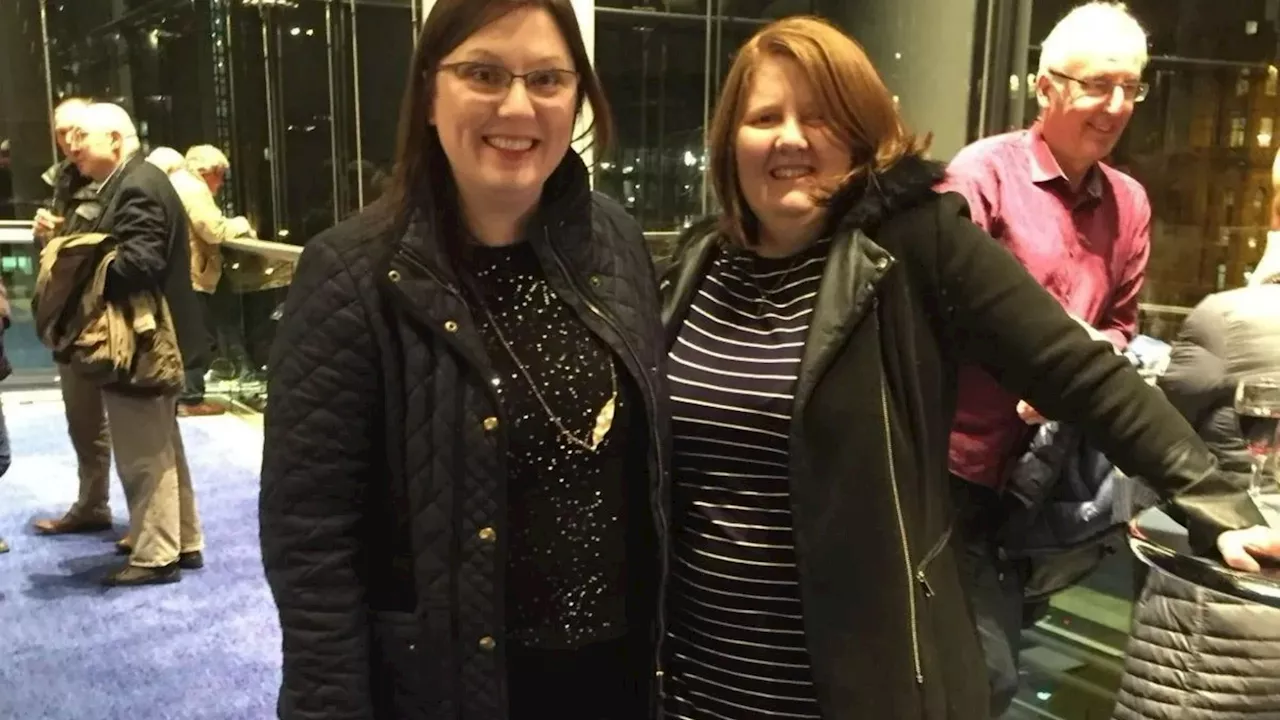 My sister felt a ‘worm in her brain’ but it was shrugged off – she was living with a killer condition that...Brain Tumour facts: 10 things you should know about brain tumours
My sister felt a ‘worm in her brain’ but it was shrugged off – she was living with a killer condition that...Brain Tumour facts: 10 things you should know about brain tumours
Read more »
 Common brain network connected to heterogeneous patterns of brain atrophy in schizophreniaA new study led by investigators from Mass General Brigham has identified a unique brain network that links varied patterns of brain atrophy, or shrinkage, associated with schizophrenia.
Common brain network connected to heterogeneous patterns of brain atrophy in schizophreniaA new study led by investigators from Mass General Brigham has identified a unique brain network that links varied patterns of brain atrophy, or shrinkage, associated with schizophrenia.
Read more »
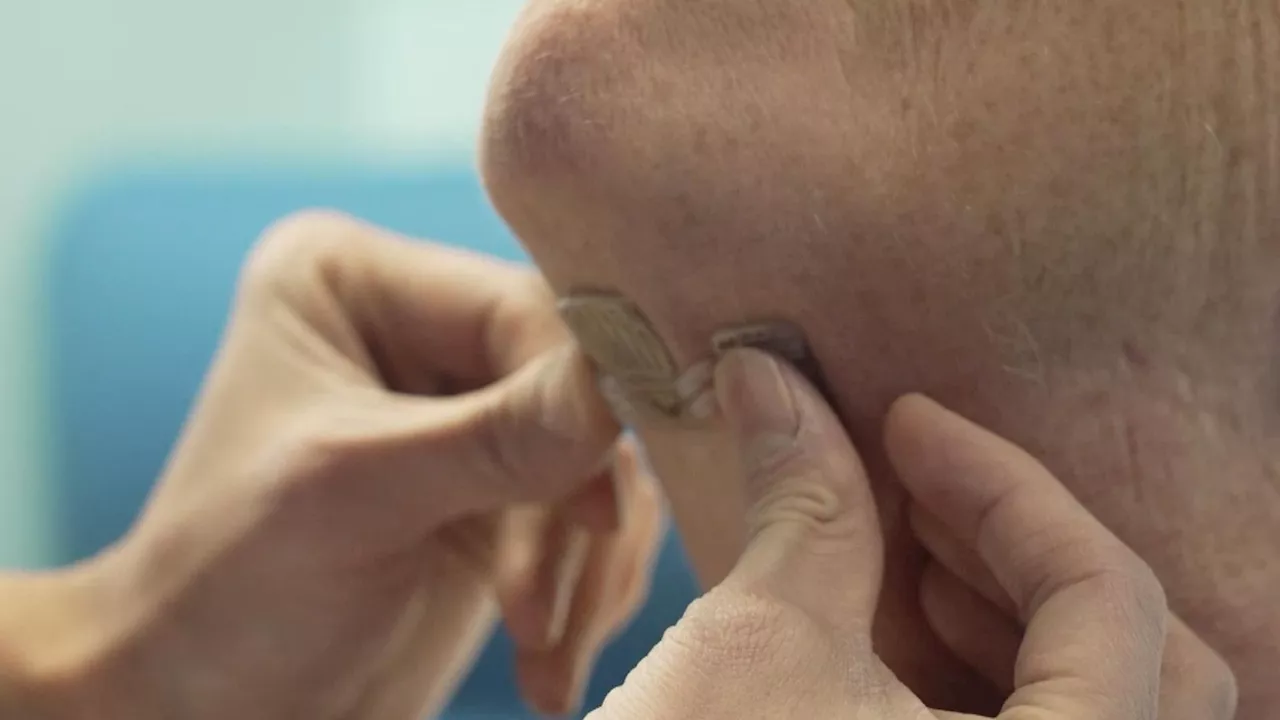 Relief as first UK patients fitted with app-controlled sleep apnoea microchipA new treatment in which surgeons implant a chip on a critical nerve could mean relief for the eight million people in the UK with the condition that is linked to hypertension, strokes, heart attacks, diabetes, and even death.
Relief as first UK patients fitted with app-controlled sleep apnoea microchipA new treatment in which surgeons implant a chip on a critical nerve could mean relief for the eight million people in the UK with the condition that is linked to hypertension, strokes, heart attacks, diabetes, and even death.
Read more »
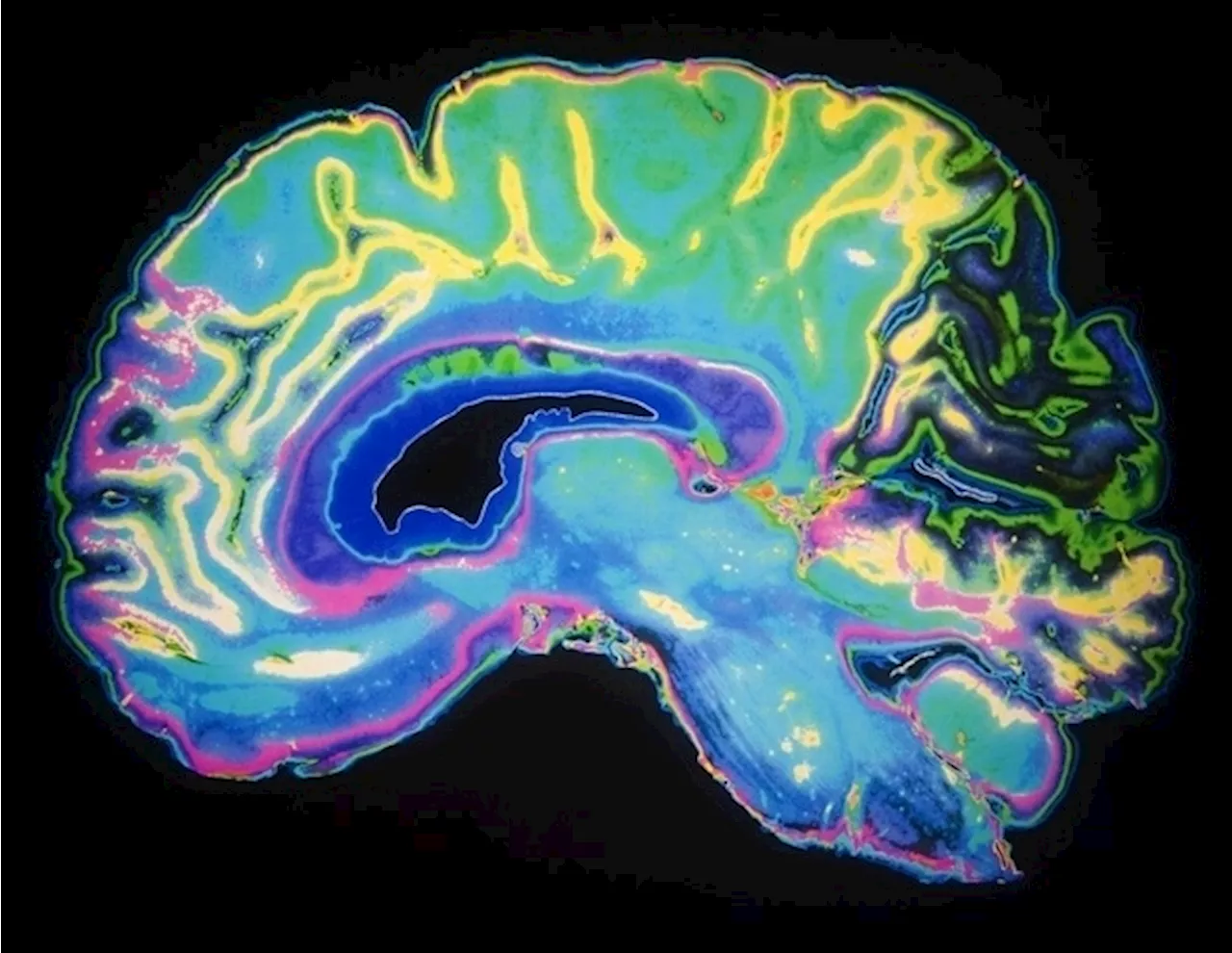 New technique enables laser light to penetrate deeper into living tissuesMetabolic imaging is a noninvasive method that enables clinicians and scientists to study living cells using laser light, which can help them assess disease progression and treatment responses.
New technique enables laser light to penetrate deeper into living tissuesMetabolic imaging is a noninvasive method that enables clinicians and scientists to study living cells using laser light, which can help them assess disease progression and treatment responses.
Read more »
 British Microchip CEO Wins Unfair Dismissal Claim Over Fears of Chinese TakeoverDr Ron Black, former CEO of Imagination Technologies, was fired after raising concerns about the potential national security risks of Chinese ownership. He successfully sued for unfair dismissal and whistleblowing detriments.
British Microchip CEO Wins Unfair Dismissal Claim Over Fears of Chinese TakeoverDr Ron Black, former CEO of Imagination Technologies, was fired after raising concerns about the potential national security risks of Chinese ownership. He successfully sued for unfair dismissal and whistleblowing detriments.
Read more »
